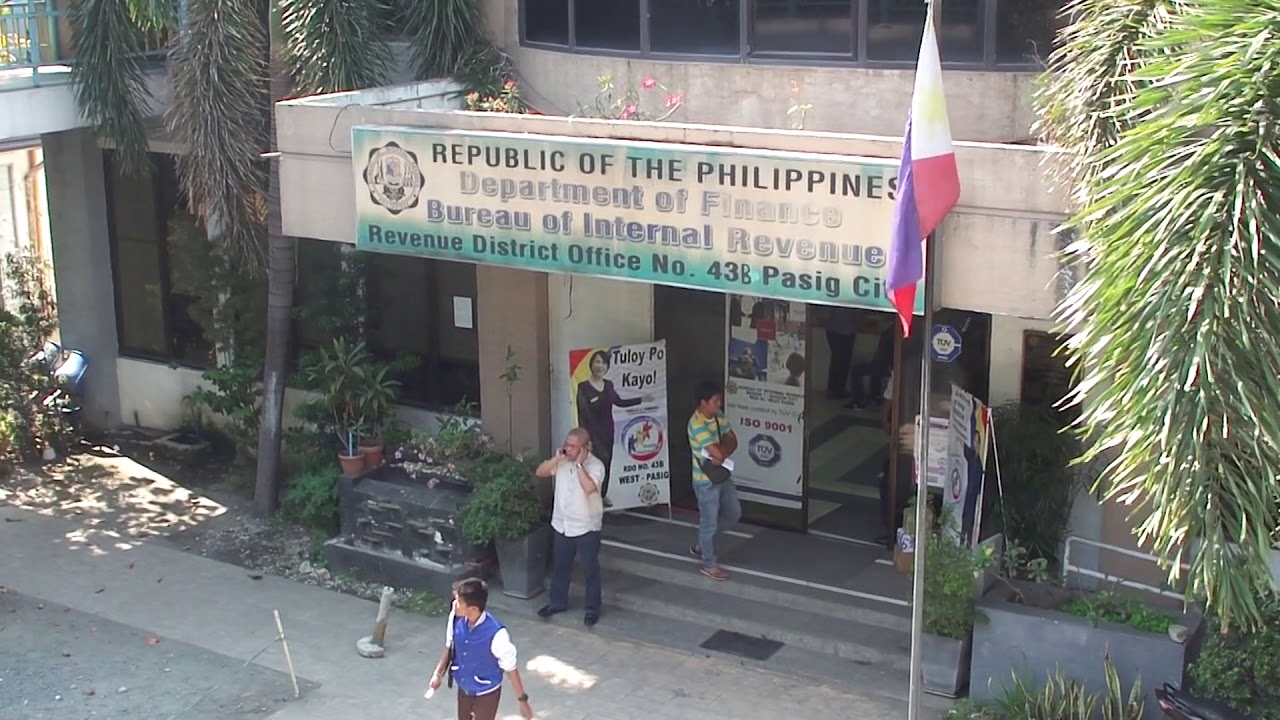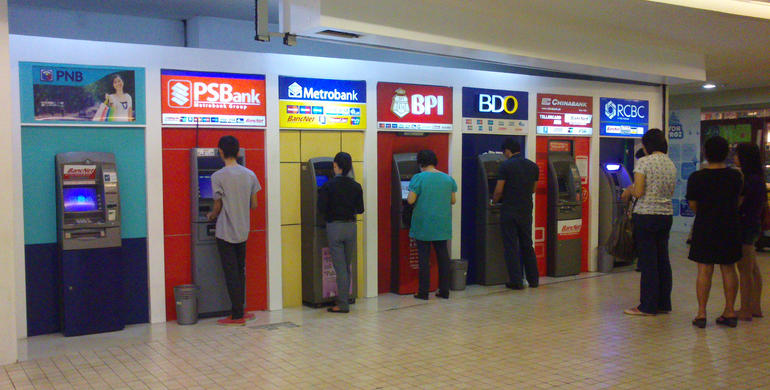Has someone owed you money (sari-sari store debt, outstanding loan premium, house rental, etc.) and failed to settle the outstanding obligations?
In case you don’t know yet, it is possible to lodge a complaint and file a case against the debtor for the following instances:
- Case to collect money from a person who owes you money (debtor)
b. Case to collect unpaid rental payments from a lessee
c. Case to recover the deposit made for a lease after the expiration of the lease
d. Case to collect payment for commission
e. Case to collect payment for services rendered
f. Case to collect payment for goods or property sold and delivered
g. or reimbursement for property, deposit, or money loaned;
h. Purely civil action for payment of money covered by bounced or stopped check.
i. Case to enforce settlement agreements of money claims made before the barangay
Filing a case is straightforward, and a lawyer is not required. The complainant must be able to file against the debtor under the Rule of Procedure for Small Claims Cases, and the money claim should not exceed P200,000, which should already include interests and penalty fees, if any.

For claims exceeding P200,000, the plaintiff has to go to a regular court.
Here are the basic steps in filing for a small claims case in the Philippines.
- Visit the first level court (Metropolitan Trial Court, Municipal Trial Court in Cities, Municipal Trial Court, and Municipal Circuit Trial Courts) of the city or town where the plaintiff lives or the first level court of the city where the person being sued is based.
- Go to the Office of the Clerk of Court and fill up the following forms—Information for Plaintiff, Statement of Claim, and Certification for Non-Forum Shopping.
- The plaintiff shall pay the docket and other legal fees unless allowed to litigate as an indigent.
- The court examines the claim. It may dismiss the case outright if it finds grounds to justify the dismissal.
- If no ground for dismissal is found, the court shall issue a Summons on the day of receipt of the Statement of Claim, directing the defendant to submit a verified Response.
- If Defendant cannot be served with Summons, the court shall order Plaintiff to cause the service of summons within thirty (30) days from Notice. Otherwise, the case shall be dismissed.
- The court shall also issue a Notice to both parties, directing them to appear before it on a specific date and time for the hearing, with a warning that no unjustified postponement shall be allowed.
- The defendant shall file with the court and serve on the plaintiff a duly accomplished and verified Response within a non – extendible period of ten (10) days from receipt of the summons. The Response shall be accompanied by certified photocopies of documents, as well as affidavits of witnesses and other evidence in support thereof. No evidence shall be allowed during the hearing which was not attached to or submitted together with the Response unless good cause is shown for the admission of additional evidence.
- The parties shall appear at the designated date of hearing personally or through a representative authorized under a Special Power of Attorney. However, a lawyer cannot appear to represent the party.
- At the hearing, the judge shall exert efforts to bring the parties to an amicable settlement.
- If the case is settled, the settlement shall be reduced into writing, signed by the parties and submitted to the court for approval.
- If no settlement is reached, the hearing shall so proceed in an informal and expeditious manner and be terminated within the same day.
- After the hearing, the court shall render its decision within twenty-four (24) hours from the termination of the hearing. The decision shall immediately be entered by the Clerk of Court in the court docket and a copy thereof served on the parties.
Once the documents are submitted, and all administrative fees are paid, the court will then assign the case to a judge. If merit is found to the case, the defendants will be given a Summon, Notice of Hearing, Information for the Defendant, Response Form, and other documents.
The plaintiff will be sent a Notice of Hearing stating the scheduled date and time of the appearance in court.
During the Settlement Discussion, the two parties, with the judge’s mediation, will have the chance to settle the case. The case will move to court if no agreement happens.
The judge will make their decision on the case during the hearing. The decision will be final, non-appealable, and immediately executory.








